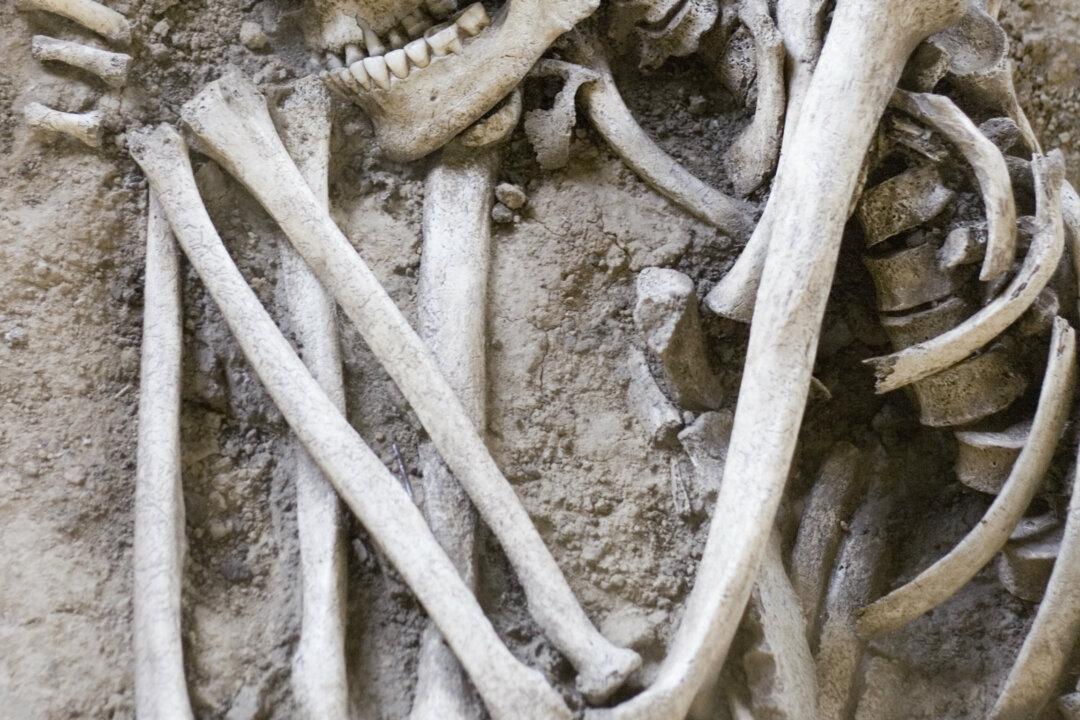The folk lore of the wicked witch and her diabolical familiar is a well-known and often repeated tale. When the seasons change and the nights get long it’s not uncommon to see images and symbols of a dark-cloaked witch with an evil black cat or toad at her side. This is a fantastic archetype of magic users wielding control over nature and animals, but it’s a far cry from the beliefs that started it all.
The concept of magical spirit creatures has resonated throughout history in creation myths, tribal traditions and religions, but it’s only relatively recently that magical animal and familiars became re-imagined as evil or dangerous companions. Historically, familiars or spirits were often seen as a type of guardian angel rather than an evil demon.
The Witch’s Familiar
Most people conjure up thoughts of the witch with cat or toad when speaking of familiars. In the days of widespread persecution of witches in Europe and North America during the Medieval and Early Modern periods, women accused of magic use and witchcraft were assumed to have a familiar, most often in the form of cats, dogs, owls, mice, newts or toads. These servants to witches were considered low-ranking demons, or even fairies. Legends of the time, British and Scottish contribution to the lore, said familiars fed on the blood of the women. The witches in turn used the animals for spell casting. The familiar could shape-shift, and spy on others. Many completely innocent pet lovers were persecuted for this ‘unnatural’ pairing, and the blame was placed on them for any kind of bad luck, such as milk spoiling or crops withering.
“During the Salem witch trials, there is little account of the practice of animal familiars, although one man was charged with encouraging a dog to attack by way of magical means. The dog, interestingly enough, was tried, convicted, and hanged.” Patti Wigington reveals in About Religion.
PaganLore writes that beyond the infamous witch trials, familiars “helped diagnose illnesses and the sources of bewitchment and were used for divining and finding lost objects and treasures. Magicians conjured them in rituals, then locked then in bottles, rings and stones. They sometimes sold them as charms, claiming the spirits would ensure success in gambling, love, business or whatever the customer wanted. This sort of familiar was technically not illegal; England’s Witchcraft Act of 1604 prohibited only evil and wicked spirits.”
Because of the assumed dangerous nature of the familiars, many animal were massacred, especially cats. These killings resulted in a tragic situation. In the middle of the 14th century Black Death was ravaging Europe. Some scholars suggest the huge reduction in cat numbers allowed rat and rodent populations to boom, in turn increasing the amount of plague-carrying fleas, and ultimately leading to the near-decimation of the human population.
Daimons
In ancient Rome, a tutelary, or spirit guardian, was a protector of a household or nation, or even of simple farms or storehouses. Classical Greek philosopher Socrates spoke of a personal spirit or daimon who guided his conscience, stopping him from making rash mistakes or foolish decisions.
Many eastern religions maintain shrines and altars dedicated to tutelary spirits. Tiny, brightly painted ’spirit houses’ built to contain tutelary deities are found abundantly in Bangkok.
Totem Spirits
Power animals are featured prominently in Native American mythology. These helpers fall within the spirit realm, and are believed to assist the Shaman when called upon. Native beliefs hold that totem animals – animal symbols which reflect certain qualities or characteristics - serve as guides and guardian spirits of both the physical and spiritual worlds. It is believed they advise on the journeys and tasks of life. Such animals could range from the smallest butterflies, to large buffaloes, deer, coyotes, rabbits, turtles, and more. Ultimately they were helpful, benevolent creatures (if sometimes mischief makers).
Totem animals, or familiars, can be found in societies around the globe, including Africa, Asia, Australia, Eastern and Western Europe, and more.
Modern Witches
Neo-Pagans and those of the Wicca religion believe in the power of companion animals, or familiars. Historically the familiars were described as low-ranking demons, but modern ‘witches’ (practicing Wiccans or Pagans) see them as creatures sensitive to psychic vibrations, extra-sensory perception and magic, and they’re used as magical helpers. It’s believed they can sense and warn of the presence of evil magic.
It has yet to be proven that animals are familiars, and are responsible for bad fortune or magical spells. However, one needs only to spend a bit of time with a four-legged companion to recognize there seems to be some spark of knowing, or even smiling mischief, within.





